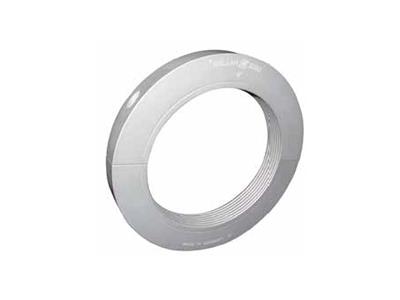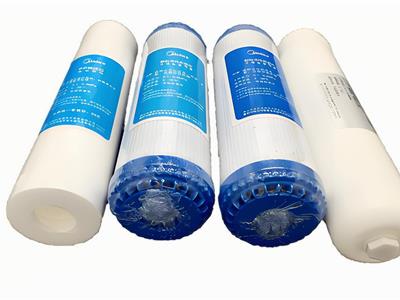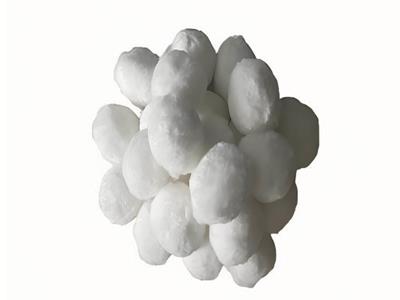- 2025-07-09
Aeration tank
Aeration tank
The aeration tank is the core structure of the activated sludge sewage treatment system, and it achieves the following functions through forced oxygenation:
Oxygen mass transfer: Maintain dissolved oxygen (DO) concentration of 2-4 mg/L to ensure the metabolic needs of aerobic microorganisms
Biodegradation: Decomposition of organic matter using bacterial flocs (BOD₅ removal rate > 90%)
Mixing and stirring: prevent the activated sludge from settling and ensure the sludge load is 0.3-0.5kg BOD₅/(kgMLSS·d)
Process positioning and structural characteristics
Secondary treatment unit: located after the primary sedimentation tank and before the secondary sedimentation tank
Pool type classification: plug flow/complete mixing/sequencing batch (SBR)
Aeration device:
Air aeration (microporous diffuser oxygen utilization rate> 25%)
Mechanical aeration (surface impeller oxygenation capacity 2kgO₂/kWh)
Biological response mechanism
Organic matter (CₓHᵧO₂) + O₂ → aerobic microorganisms → CO₂ + H₂O + new bacteria
Note: Nitrification reaction (NH₄⁺→NO₃⁻) occurs simultaneously, requiring an additional oxygen consumption of 4.57gO₂/gN






